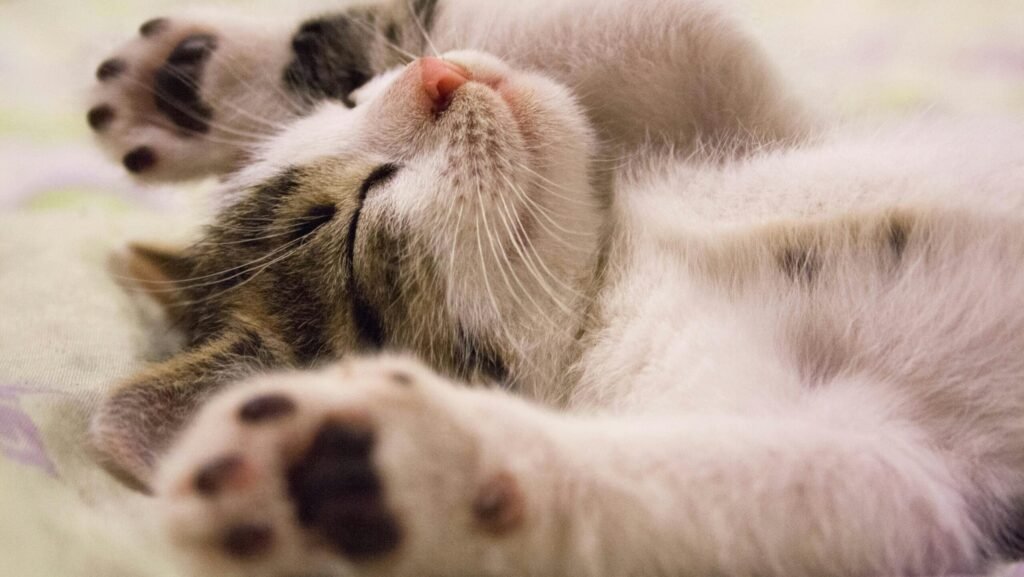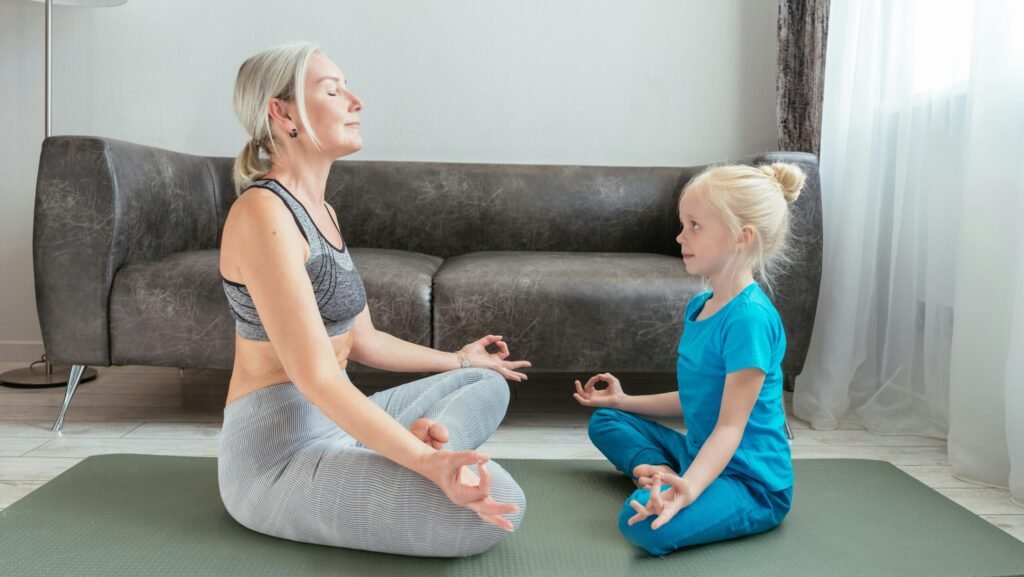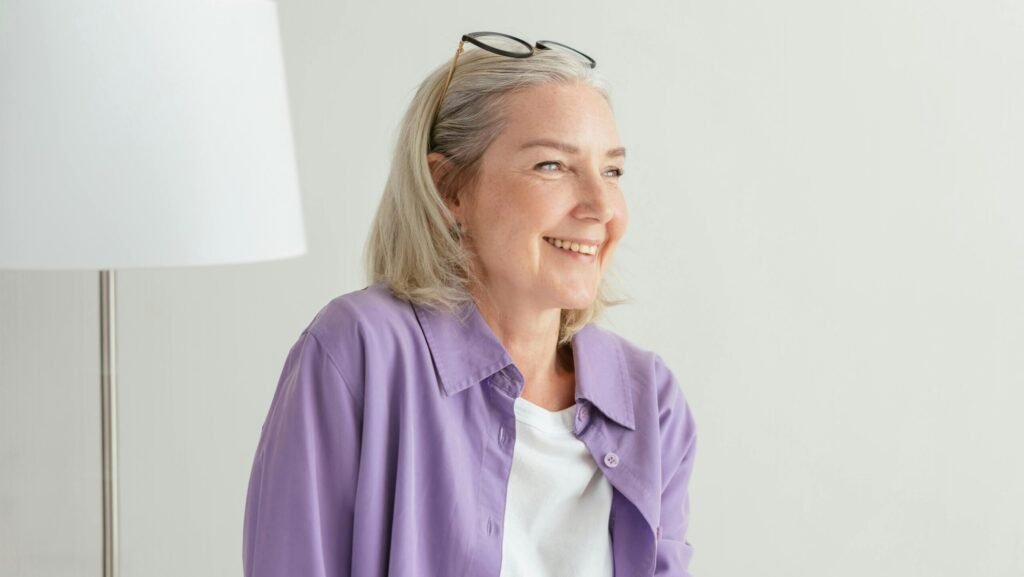Sleep After 50:
Why It Gets Harder (and What You Can Do About It)
If you’re over 50 and find yourself waking up at 3 a.m. for no reason—or you’re tired all day but wired at night—you’re not alone. Sleep tends to change as we age, and while that’s common, it doesn’t mean we have to just accept it. There are real, science-backed steps you can take to get better rest.
Let’s break it down.
“A good laugh and a long sleep are the best cures in the doctor’s book.”
— Irish Proverb
Why Sleep Gets Trickier After 50
1. Lighter, more disrupted sleep
As we get older, we spend less time in deep sleep and more time in lighter sleep stages. That’s why many of us wake up multiple times during the night—sometimes without knowing why1.
2. Changes in circadian rhythm
Our internal clocks naturally shift with age. Melatonin production drops, and we may get sleepy earlier in the evening and wake up earlier in the morning2.
3. Health issues and medications
Chronic pain (like arthritis), acid reflux, and conditions like diabetes or restless legs syndrome can interrupt sleep. Plus, many medications taken after age 50—such as beta blockers or certain antidepressants—can also interfere with sleep quality3.
4. Emotional health
Anxiety, loneliness, and depression are linked to sleep disturbances, especially in midlife and beyond. Even positive life changes like retirement can cause stress that disrupts sleep4.

Simple Steps to Sleep Better After 50
🕗 Keep a regular sleep schedule
Go to bed and wake up at the same time every day—even on weekends. This helps reset your circadian rhythm and makes it easier to fall asleep and stay asleep.
☀️ Get natural light during the day
Spend at least 30 minutes outside in the morning light. This can help balance melatonin production and signal to your body when it’s time to be awake—and when it’s time to sleep5.
💪 Add movement to your day
Daily movement helps with sleep, and strength training in particular has been shown to improve sleep efficiency in older adults6. You don’t need to go to a gym—bodyweight exercises or resistance bands at home work, too.
🧘 Try gentle relaxation practices
Simple things like tai chi, stretching, or guided meditation before bed can make a difference. These reduce stress hormones that keep you awake and promote a calmer transition to sleep7.
🧴 Practice solid sleep hygiene
-
Keep your room dark and cool
-
Avoid alcohol or caffeine in the evening
-
Shut off screens an hour before bed
-
Limit naps to 20–30 minutes, earlier in the day
🎧 Use sound to your advantage
Listening to calming music or white noise can ease the transition to sleep. Studies show older adults who listen to relaxing music before bed report better sleep quality8.
🧠 Still struggling? Ask about CBT-I
Cognitive Behavioral Therapy for Insomnia (CBT-I) is a proven approach that helps reframe thoughts and behaviors around sleep. It’s more effective than sleeping pills for long-term sleep issues and doesn’t have side effects9.
In Summary
Poor sleep isn’t something you just have to live with after 50. While age-related changes are normal, there are practical ways to work with your body—not against it.
Start with one small change—like a consistent bedtime or a walk in the morning—and build from there. Over time, those tiny adjustments add up to better rest, better energy, and better overall health.
– Julie W.
- Vitiello, M. V. et al. (2004). Sleep in Normal Aging. Sleep Medicine Clinics, 3(2), 171–184.
- Hood, S. & Amir, S. (2017). The aging clock: circadian rhythms and later life. Journal of Clinical Investigation, 127(2), 437–446.
- Mayo Clinic. (2023). Common sleep disorders in older adults. Retrieved from www.mayoclinic.org
- Perlis, M. L., Smith, M. T., et al. (2001). The Role of Psychological Factors in Insomnia. Journal of Psychosomatic Research, 51(5), 585–592.
- Zeitzer, J. M. et al. (2000). Sensitivity of the human circadian pacemaker to nocturnal light. Science, 288(5466), 682–685.
- Dzierzewski, J. M., et al. (2014). Exercise and Sleep in Older Adults: A Systematic Review and Meta-analysis. Journal of Behavioral Medicine, 37(3), 543–555.
- Li, F., et al. (2004). Tai Chi and self-rated quality of sleep and daytime sleepiness in older adults: A randomized controlled trial. Journal of the American Geriatrics Society, 52(6), 892–900.
- Harmat, L., et al. (2008). Music improves sleep quality in students. Journal of Advanced Nursing, 62(3), 327–335.
- Morin, C. M., et al. (2006). Psychological and behavioral treatment of insomnia: Update of the recent evidence. Sleep, 29(11), 1398–1414.




